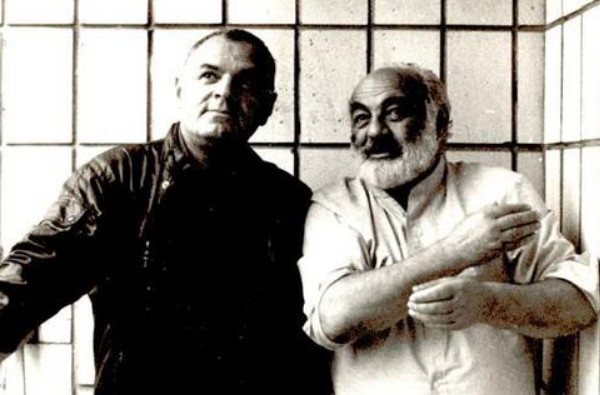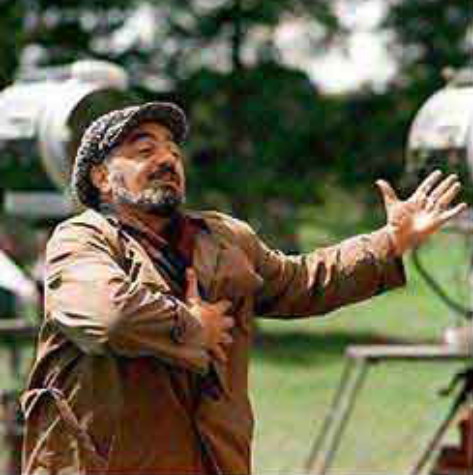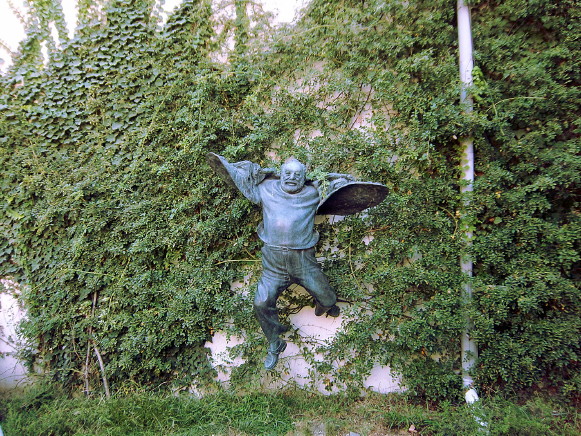Paradzhanov, Serhii
Paradzhanov, Serhii [Параджанов. Сергій; Paradžanov, Serhij] (also Parajanov, Sergei; Paradzhanian, Sarkis), b 9 January 1924 in Tbilisi, Georgia, d 21 July 1990 in Yerevan, Armenian SSR. Armenian and Ukrainian film director. He graduated from the State Institute of Cinema Arts in Moscow (1951, pupil of Ihor Savchenko) and began working at the Kyiv Artistic Film Studio, where he created several short films and musicals, including a biographical film about Nataliia Uzhvii (Nataliia Uzhvii, 1957), Ukraïns’ka rapsodiia (Ukrainian Rhapsody, 1961), and Duma (1964). International acclaim came to Paradzhanov in 1964 after the screening of Tini zabutykh predkiv (Shadows of Forgotten Ancestors, based on Mykhailo Kotsiubynsky's novella of the same title). It was awarded 16 prizes in all at international film festivals for its magnificent combination of camera work (by Yurii Illienko) with atonal music (by Myroslav Skoryk), bright colors, masterful editing, and brilliant acting (with Ivan Mykolaichuk playing the lead role). In 1965–8 Paradzhanov was harassed for writing letters of protest against the unlawful arrests of intellectuals and for demanding free expression in the press. He moved to Armenia and experimented in a new cinema technique of superimposition of different colors (The Color of Pomegranates, 1969). In 1971 he returned to Kyiv and began working on the film Kyïvs’ki fresky (Kyivan Frescoes), but the filming was stopped, and he was arrested in 1973 on spurious charges of currency speculation and homosexuality and sentenced to 15 years' imprisonment. In 1977, after international pressure was applied (petition signed by Francois Truffaut, Jean-Luc Godard, Louis Malle, Federico Fellini, Lucion Visconti, Roberto Rossellini, and Michelangelo Antonioni), Paradzhanov was released from prison, only to be arrested again in Tbilisi in 1982 (charged with ‘associating with undesirable persons’). His work was restricted as a result of the arrest; nevertheless, in 1984 he produced the film The Legend of Surami Fortress and later coauthored the screenplay Swan Lake: The Zone, which was directed by Yurii Illienko (1989). His plan to produce a film version of Taras Shevchenko's Mariia was not realized.
BIBLIOGRAPHY
Briukhovetska, Liarysa (ed). Serhii Paradzhanov i Ukraïna (Kyiv 2014)
Morozov, Iurii. Ekrannyi svit Serhiia Paradzhanova (Kyiv 2014)
Valeriian Revutsky
[This article originally appeared in the Encyclopedia of Ukraine, vol. 3 (1993).]
.jpg)




.jpg)
.jpg)
.jpg)